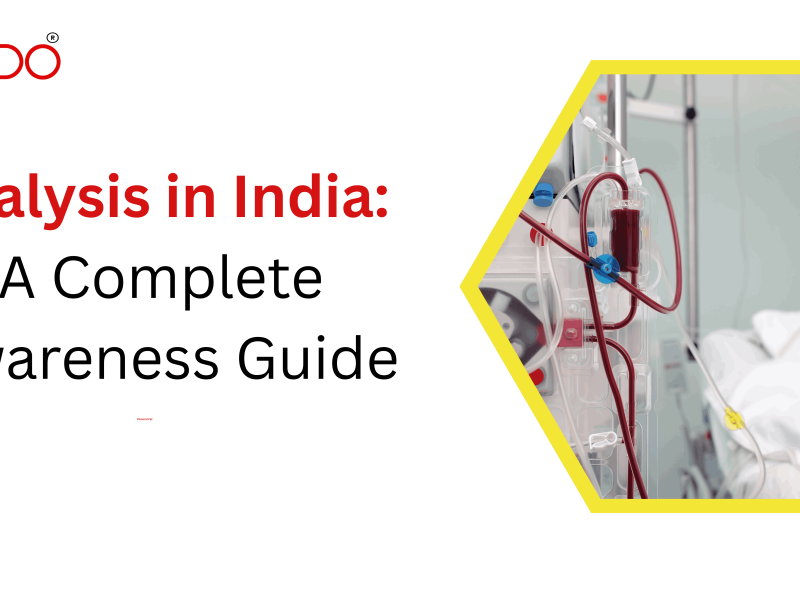Fistula Treatment at home: A complete guide
Fistula treatment at home requires careful management and attention to ensure proper healing and prevent complications. While surgical intervention is often necessary for complete treatment, home care plays a crucial role in recovery. Here’s a comprehensive guide on how to manage fistula treatment at home:
Understanding Fistula and Its Treatment
A fistula is an abnormal connection between two body parts, such as organs or vessels. They can occur in various parts of the body, with the most common being anal fistulas and rectovaginal fistulas. Treatment often involves surgical procedures, but post-operative care at home is vital for successful recovery.
Types of Fistulas
- Anal Fistula: A common type caused by an infection near the anus, resulting in a tunnel between the skin and the anal canal.
- Rectovaginal Fistula: An abnormal connection between the rectum and vagina, often resulting from childbirth complications or surgery.
- Enterocutaneous Fistula: Connects the intestine to the skin and may occur after abdominal surgery.
- Vesicovaginal Fistula: A connection between the bladder and vagina, usually resulting from surgery or radiation therapy.
Common Fistula Treatments
- Surgical Options:
- Fistulotomy: Cutting open the fistula to allow it to heal from the inside out.
- Seton Placement: Involves placing a surgical thread in the fistula to keep it open and promote drainage.
- Flap Procedure: Uses tissue from nearby areas to cover the fistula opening.
- Fibrin Glue and Collagen Plug: Less invasive options that seal the fistula with a special glue or plug.
- Non-Surgical Treatments:
- Medications: Antibiotics to treat infections and anti-inflammatory drugs to reduce swelling.
- Diet and Lifestyle Changes: Adjustments to diet and routine to prevent further complications.
Home Care for Fistula Treatment
Effective home care is essential for healing after fistula surgery and includes wound care, diet management, and lifestyle modifications.
Wound Care at Home
- Keep the Area Clean and Dry:
- Wash the area gently with warm water and mild soap.
- Pat dry with a clean towel or allow it to air dry.
- Regular Dressing Changes:
- Change dressings as directed by your healthcare provider to prevent infection.
- Use sterile gloves and supplies for dressing changes.
- Monitor for Infection:
- Watch for signs of infection, such as redness, swelling, or pus.
- Contact your healthcare provider if you notice any concerning symptoms.
- Pain Management:
- Use prescribed pain medications as directed.
- Apply warm compresses to alleviate discomfort.
- Proper Hygiene:
- Maintain good personal hygiene, especially after bowel movements.
- Consider using sitz baths to soothe the area.
Diet and Nutrition
- High-Fiber Diet:
- Consume plenty of fruits, vegetables, and whole grains to prevent constipation.
- Fiber supplements may be recommended by your healthcare provider.
- Stay Hydrated:
- Drink plenty of water to keep stools soft and prevent straining during bowel movements.
- Avoid Irritating Foods:
- Limit spicy, acidic, or irritating foods that can worsen symptoms.
Lifestyle Modifications
- Avoid Straining:
- Avoid heavy lifting and straining during bowel movements.
- Use a stool softener if necessary, as recommended by your healthcare provider.
- Activity Level:
- Follow your healthcare provider’s advice regarding physical activity.
- Gradually return to normal activities as healing progresses.
- Follow-Up Appointments:
- Attend all follow-up appointments to monitor healing and address any issues.
- Stress Management:
- Practice stress-reducing techniques, such as meditation or yoga, to aid recovery.
Benefits of Home Care for Fistula Treatment
- Comfort and Convenience: Recovering at home offers a more comfortable environment and reduces the stress of hospital visits.
- Cost-Effective: Home care can be more cost-effective than extended hospital stays.
- Personalized Care: Tailored care plans address individual needs and preferences.
When to Seek Medical Attention
Contact your healthcare provider if you experience any of the following:
- Severe pain or increased discomfort
- Signs of infection, such as fever or foul-smelling discharge
- Difficulty with bowel movements
- Uncontrolled bleeding
If you are looking for a Nurse at home for Fistula dressing. Contact VMEDO Helpline: 9343180000 to book hire a highly experienced nurse to treat fistula wound at home.



